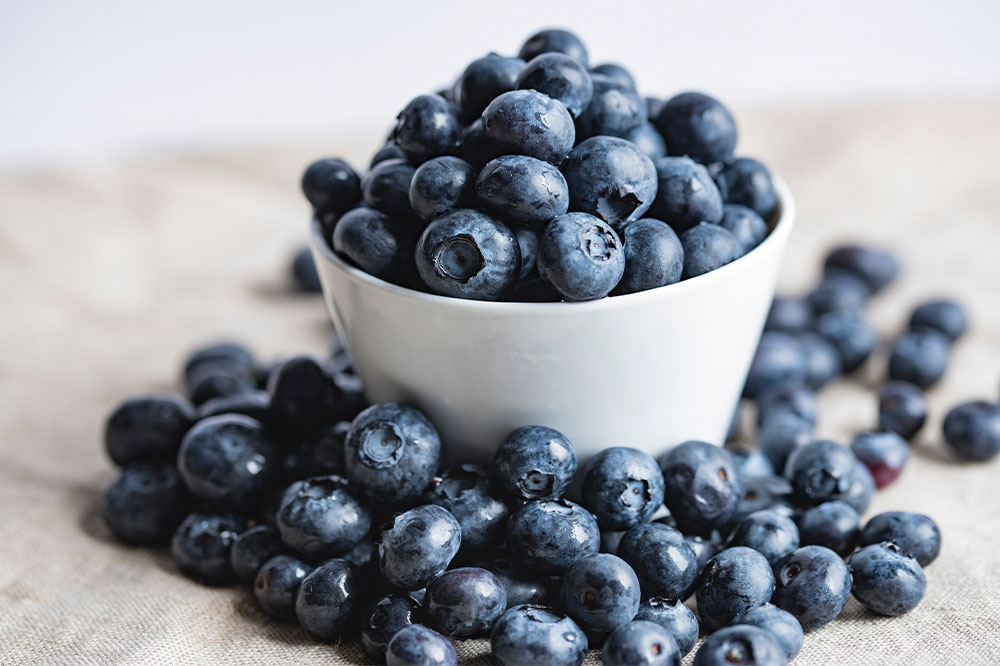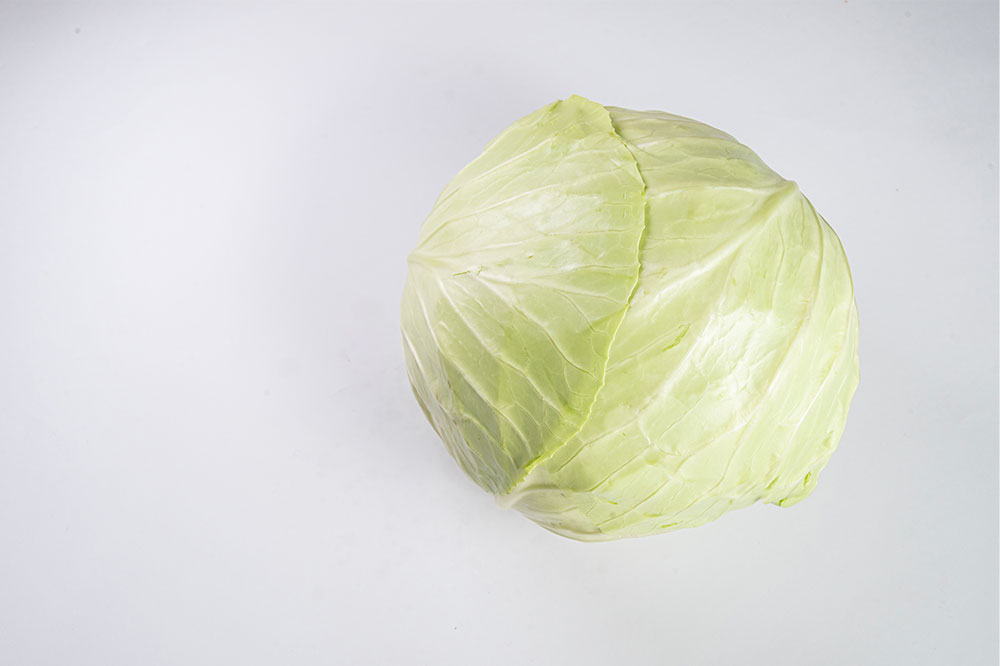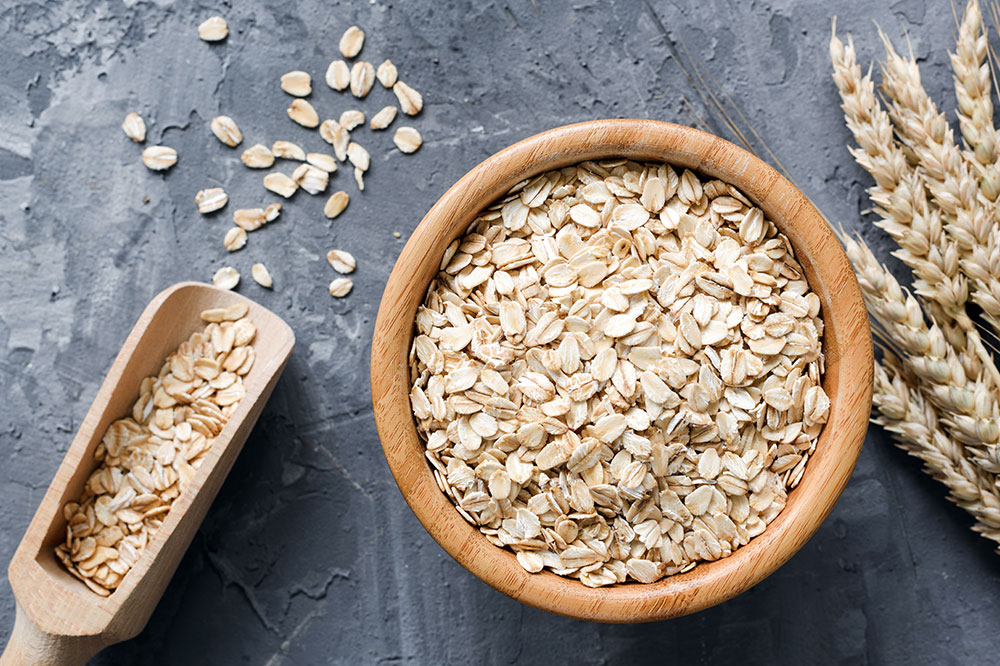10 Superfoods for a Healthy Immune System

Nutrition plays a crucial role in boosting immunity and maintaining overall health and well-being. Food is fuel for the body and an organic source of essential vitamins, minerals, and nutrients that keep essential bodily functions up and running. Unfortunately, many people overlook the benefits of healthy meals, increasing their risk of developing diseases and infections. Here are ten popular superfoods for the immune system experts recommend including in the nutrition regimen.
Blueberries
Blueberries are the richest sources of antioxidants and anti-inflammatory compounds that boost immunity. A handful of blueberries pack essential polyphenols and anthocyanins that prevent free radicals from causing oxidative stress to healthy cells. This lowers the risk of chronic diseases that impact cell regeneration. In addition, blueberries are low in calories and high in nutrients like fiber, manganese, and vitamins C and K. These compounds significantly lower the risk of cardiovascular diseases, boost cognitive function, lower blood pressure, fight common urinary tract infections, and even boast anti-diabetic effects. So, one can add blueberries to their food plan and enjoy these health benefits in the long term.
Broccoli
Nutritionists recommend including as many cruciferous vegetables and dark leafy greens in the food plan as possible to boost immunity. Broccoli is a rich source of soluble fiber, iron, calcium, potassium, and vitamins C and K.







